Unlike previous models of foreign support, this Prague-based network doesn’t fund entire media outlets — it funds individual journalists to write specific stories.
The latest example of this new approach is the extensive Telex article published on November 7, which analyzed Fidesz’s campaign strategy and electoral prospects.
The piece, in English translation titled “Fidesz’s Main Message: Don’t Get Your Hopes Up,” seeks to reinforce a familiar opposition narrative — that the governing party has lost momentum against the Tisza Party and is now focused not on persuading undecided voters, but on discouraging them from turning out in next year’s election.
At the bottom of the lengthy piece, a note reads: “This article was produced with the support of FPEE Science+.”
Curious about who would pay for a story so obviously written to boost the opposition’s sense of momentum, we looked into the organization named.
According to its website, Science+ describes itself as a “cross-border network” fighting disinformation “where it does the most damage — at the heart of democratic trust.”
The organization claims that misinformation and polarization threaten not only the media environment but democracy itself. Its platform connects over 50 media outlets, fact-checkers, and research groups across Central and Eastern Europe, promising to deliver “trustworthy journalism even to the most skeptical audiences.”
The Science+ project is run by Free Press for Eastern Europe (FPEE), a Prague-based international nonprofit
that operates in Bulgaria, the Czech Republic, Hungary, Romania, Poland, Slovakia, Ukraine, Georgia, Moldova, and the Baltic states.
The group invites journalists, analysts, fact-checkers, and donors to participate.
According to its own website, FPEE was registered in April 2016 in Prague and receives funding from “numerous institutional and private donors,” as well as from the Czech Ministry of Foreign Affairs’ Transition Promotion Program. Its stated mission is to support “independent media and journalism” in Central and Eastern Europe and beyond. Its staff includes media professionals from eight countries who collectively speak more than ten languages. FPEE also describes itself as a sister organization of the Netherlands-based Free Press Unlimited (FPU), an NGO active in global media freedom advocacy. Free Press Unlimited (FPU) works with over 300 media partners worldwide, providing grants, training, and “emergency assistance” to journalists.


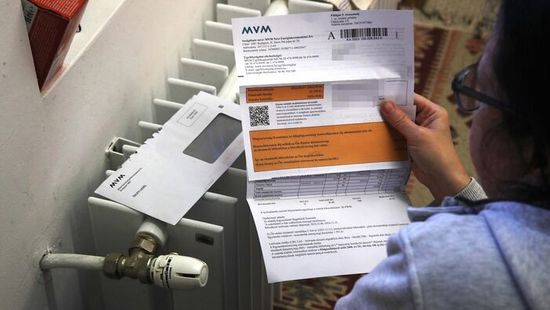
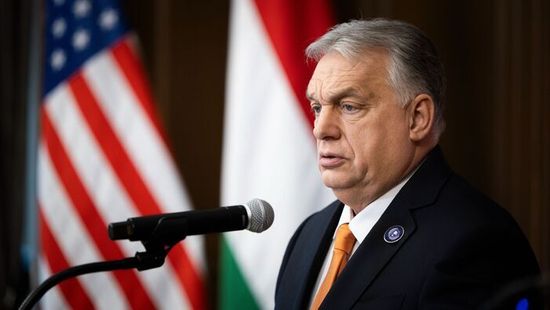
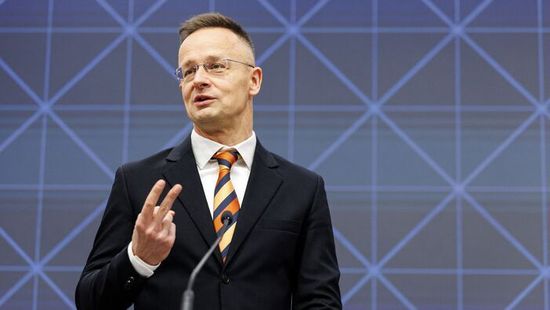

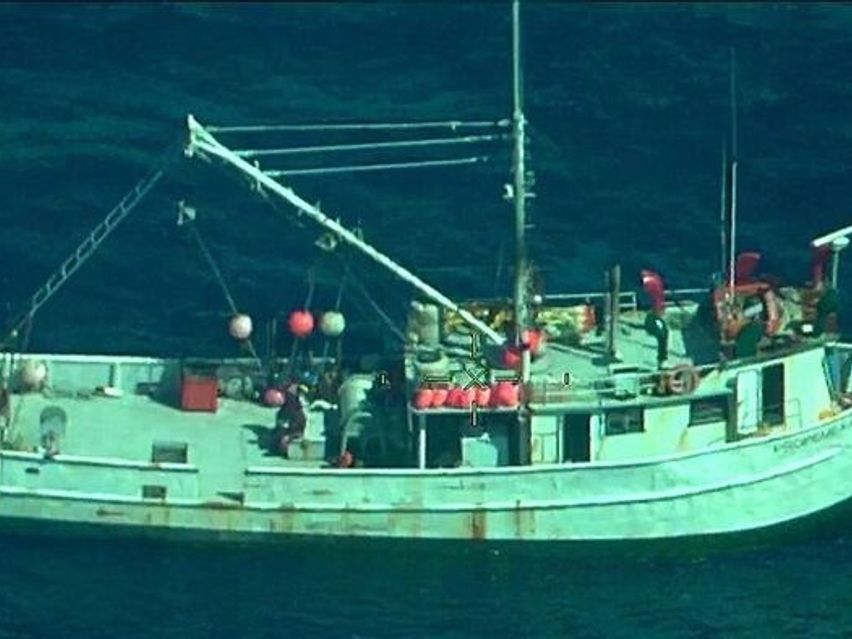


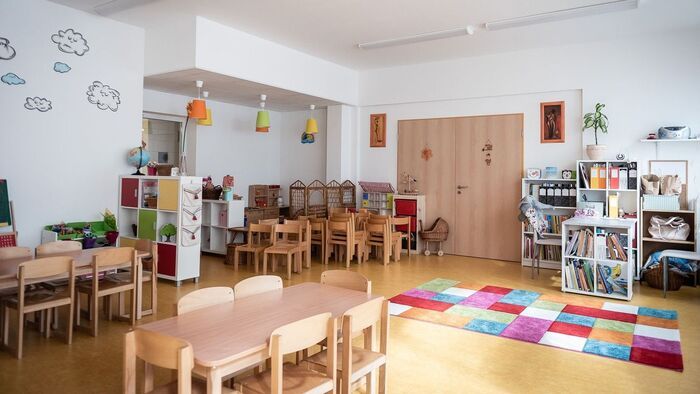

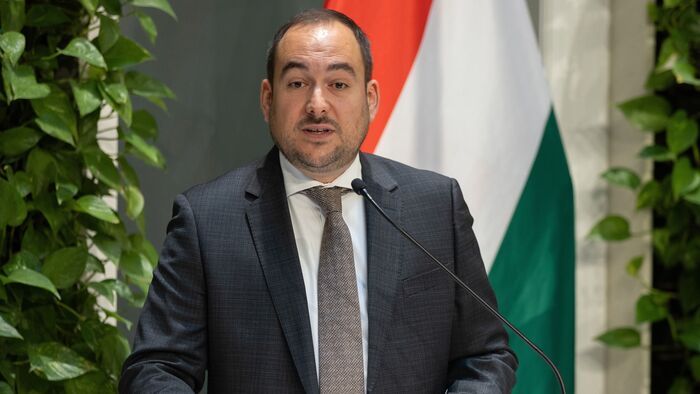


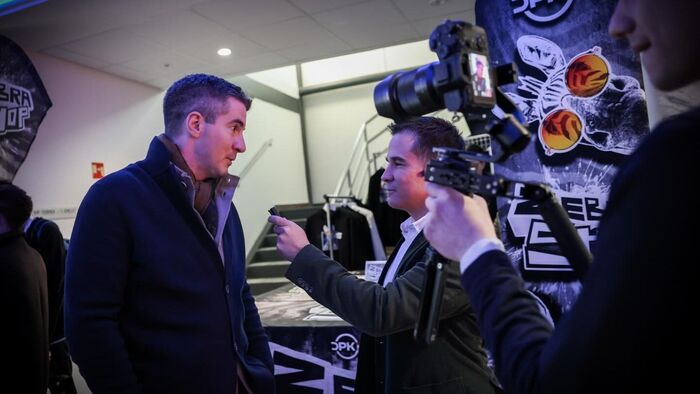

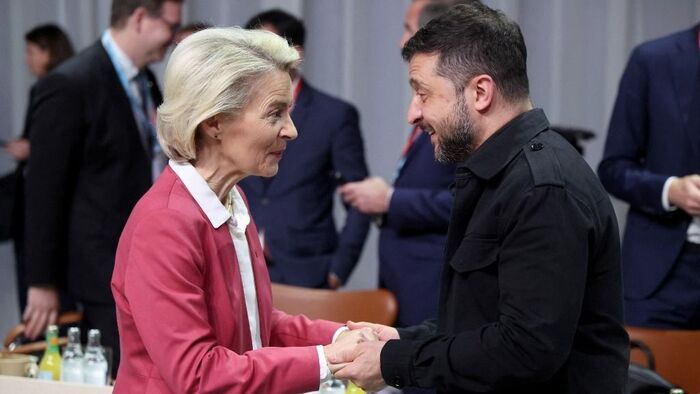
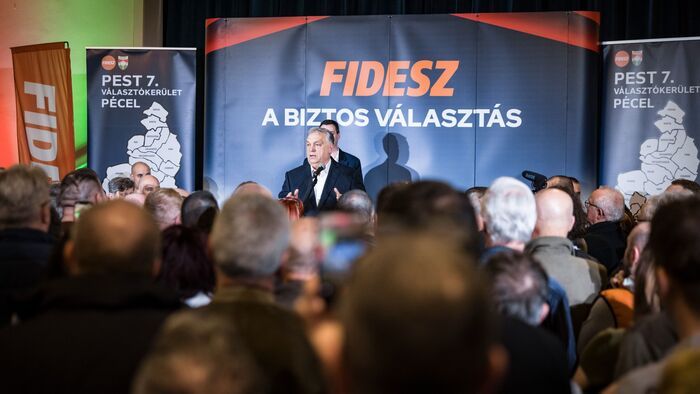


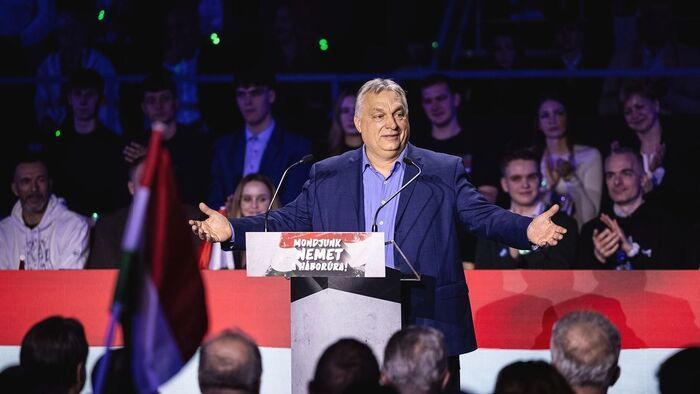

Szóljon hozzá!
Jelenleg csak a hozzászólások egy kis részét látja. Hozzászóláshoz és a további kommentek megtekintéséhez lépjen be, vagy regisztráljon!